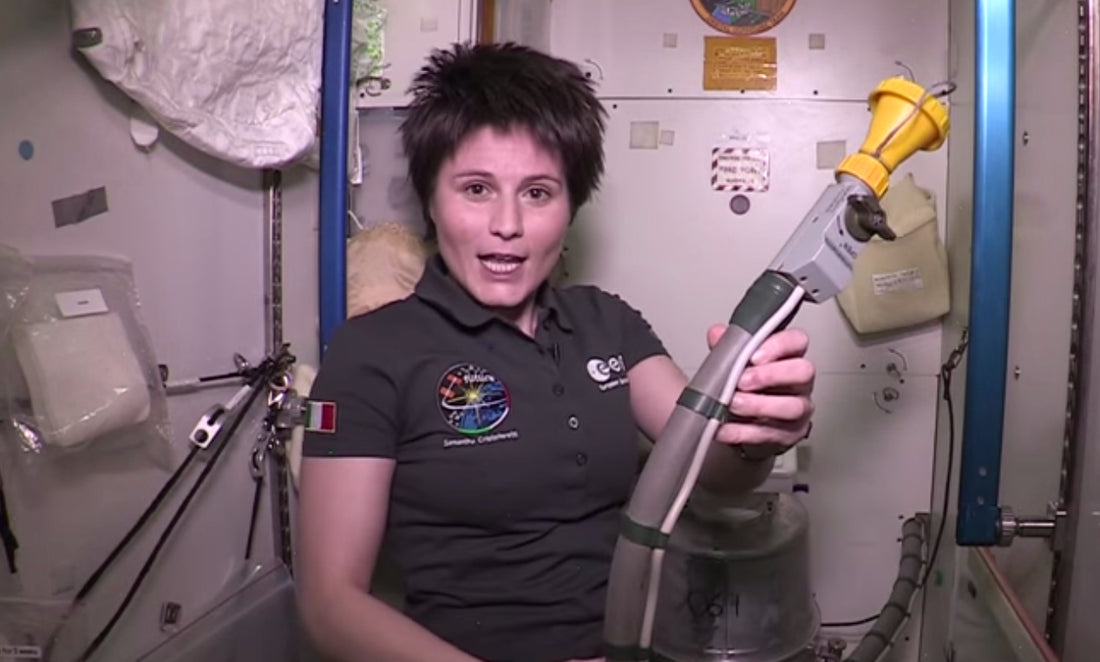
How Do Astronauts Use the Bathroom in Space?
Share
We all know astronauts do amazing things – conducting experiments, taking breathtaking pictures of Earth, and pushing the boundaries of human exploration. But one question that might not come to mind is: how do they use the bathroom in space? Because, well, gotta go to the bathroom no matter where you are, even hurtling around Earth at 17,500 miles per hour!
Here on Earth, toilets rely on gravity to, well, do their thing. But in space, there's no gravity, which throws a wrench (or maybe a space wrench?) into the whole bathroom situation. So, how do astronauts manage?
Suction Power to the Rescue!

Imagine a toilet that uses suction and airflow instead of gravity. That's the basic idea behind space toilets. Astronauts strap themselves in to avoid becoming human rockets mid-business, and for peeing, they use a special funnel. For other... duties, a strong suction kicks in as soon as they sit down to keep things clean and, well, contained.
Waste Not, Want Not
Solid waste gets sucked into bags and then stored in special containers. These containers eventually get blasted back to Earth, where they burn up in the atmosphere. But what about pee? This is where things get cool! The space station has a special system that recycles astronaut pee and turns it back into clean drinking water. Talk about closing the loop!
From Basic to Better
The first space toilets were pretty basic, but the newest design is a major upgrade, especially for female astronauts. It's more comfortable, designed with their needs in mind, and even small enough to fit inside the Orion capsule that will take astronauts back to the Moon!
So, the next time you take a bathroom break, be thankful for gravity and good old-fashioned plumbing! Astronauts in space have to deal with a whole different set of challenges, but thanks to some clever engineering, they can handle their business without a hitch (or a float!).
You’ve come this far…
Why not venture a little further into A.S.S. - our exclusive Australian Space Society.
And keep thrusting Australia into the deep unknown…
#Space_Aus




